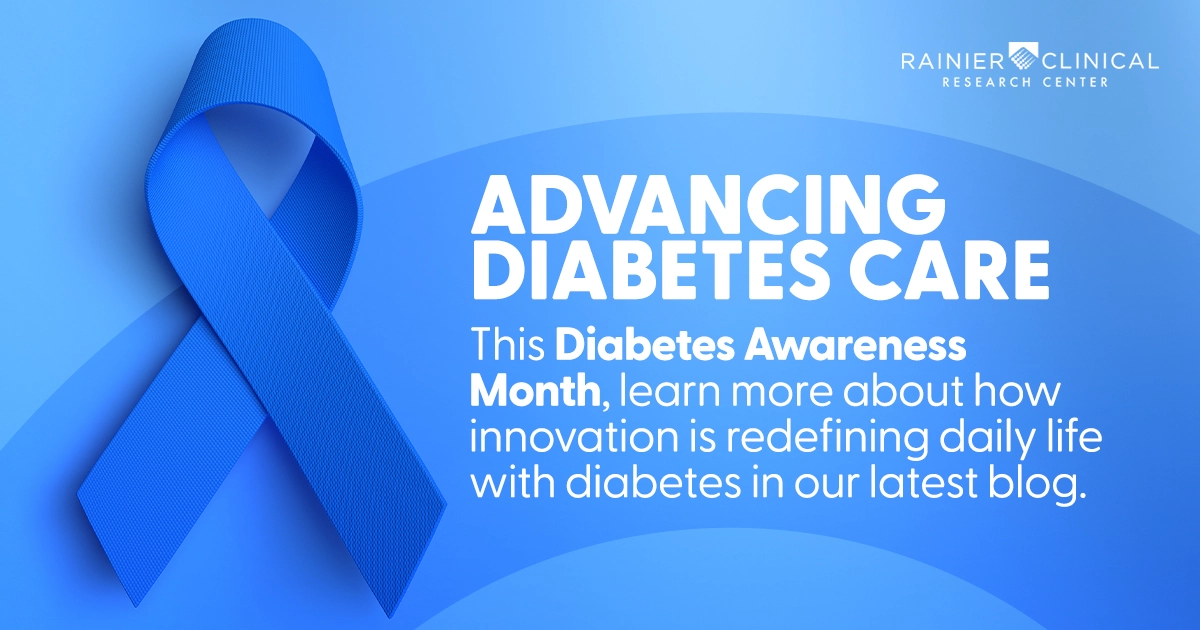
.jpg)
All About Hypothyroidism
The thyroid is a butterfly-shaped endocrine gland in the lower front part of the neck. Its job is to make hormones that are secreted into the blood and every tissue in the body. The thyroid helps the body perform many functions. When it can’t make enough hormones necessary, it’s called hypothyroidism. Here’s all about hypothyroidism and what you can do to manage it.
Thyroid Hormones
.jpg)
Thyroid hormones-triiodothyronine (T3) and thyroxine (T4), control the way your body uses energy (metabolism). In turn, they affect nearly every organ in your body, even the way your heart beats. Without enough thyroid hormones, many of your body’s functions slow down. As the body slows, you may notice that you feel colder, you may tire more easily, your skin gets drier, and you’re more forgetful and depressed. Other symptoms include:
· Weight gain
· Joint and muscle pain
· Dry, thinning hair
· Heavy or irregular menstrual periods or fertility problems
· Slowed heart rate
.jpg)
Causes
If your thyroid doesn't produce enough hormones, this can upset the balance of chemical reactions in your body. Scientists aren't exactly sure why this occurs, but it's likely a combination of factors, including:
· Autoimmune Disease: The most common cause of hypothyroidism is an autoimmune disorder known as Hashimoto's thyroiditis.
· Over-response to hyperthyroidism treatment: People who produce too much thyroid hormone (hyperthyroidism). Sometimes, correcting hyperthyroidism can lower thyroid hormone production too much, resulting in permanent hypothyroidism.
· Thyroid surgery: Removing a large portion of your thyroid gland can reduce or halt hormone production altogether.
· Radiation Therapy: Radiation therapies can affect your thyroid gland.
· Medications: Several medication scan contribute to hypothyroidism, such as lithium, which treats certain psychiatric disorders.
Current and Future Hypothyroidism Treatments
Hypothyroidism develops slowly, so you may not notice symptoms of the disease for months or even years. Many typical symptoms, especially fatigue and weight gain, are common and do not necessarily mean you have a thyroid problem. Therefore, if you are experiencing any of these symptoms, you should talk to your doctor immediately. They can rule out any underlying conditions and help you get on the best treatment path. Hypothyroidism is relatively easy to treat for most individuals by taking a thyroid hormone pill once a day. The most used form of thyroid hormone is a drug called levothyroxine, which is effective in helping get to and maintain healthy thyroid hormone levels.
.png)
Rainier Clinical Research Center is looking for individuals to join enrolling hypothyroidism studies. To learn more, call us toll-free at 888-478-8343 today!
Sources:
https://www.thyroid.org/hypothyroidism/
https://www.mayoclinic.org/diseases-conditions/hypothyroidism/symptoms-causes/syc-20350284
https://www.niddk.nih.gov/health-information/endocrine-diseases/hypothyroidism
https://www.endocrineweb.com/conditions/hypothyroidism


